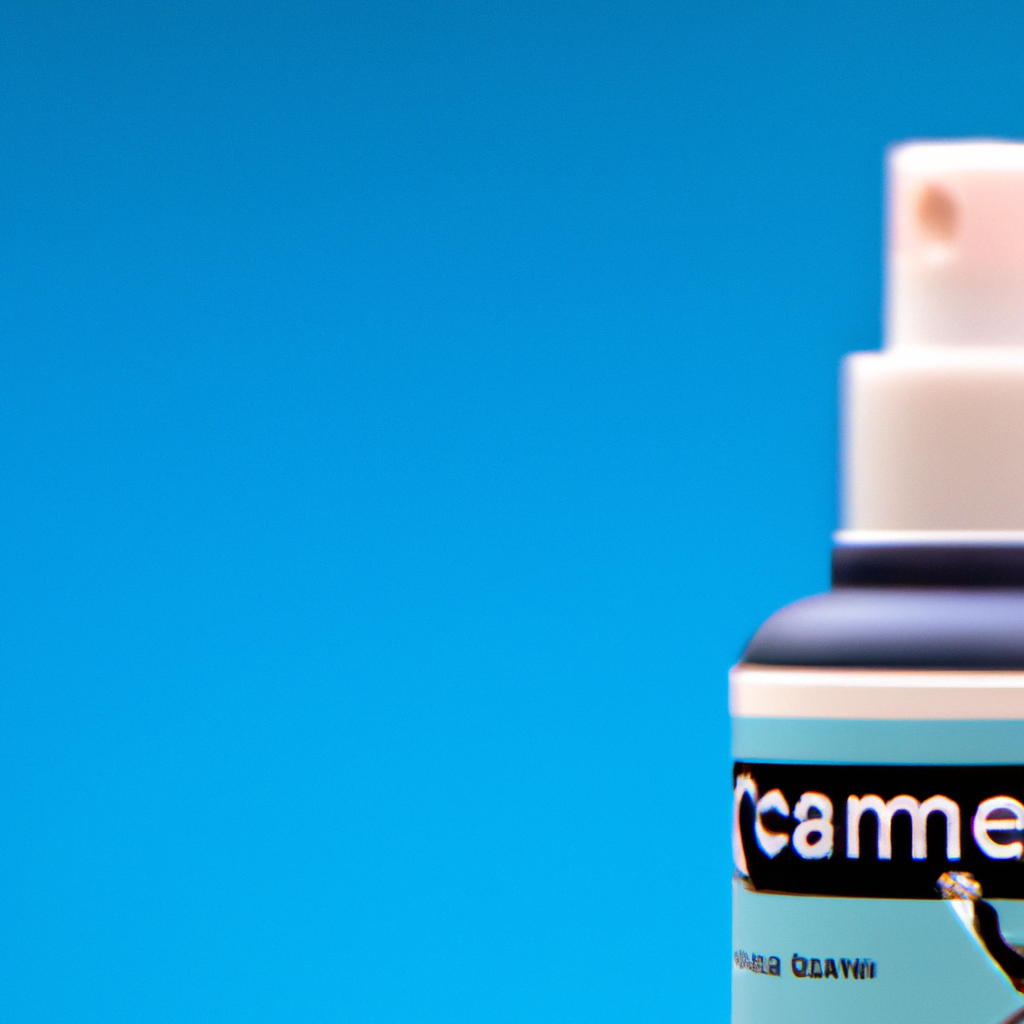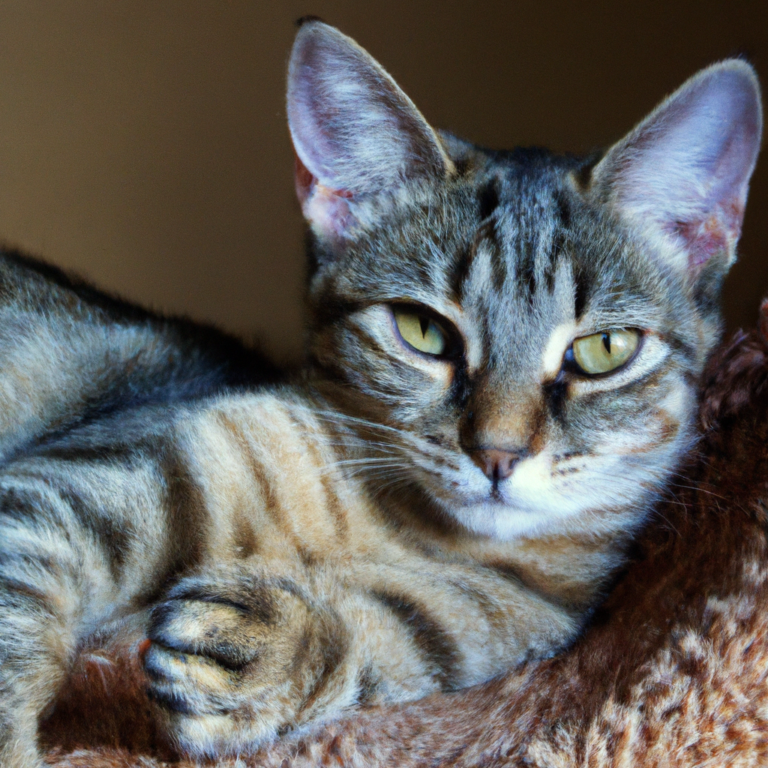Do Female Cats Spray
Curious about whether female cats spray? Having a cat that pees inside the house can leave your living space with an unpleasant odor and create a lot of stress. Moreover, the constant cleaning and potential furniture replacement can quickly become costly. In this article, we will explore the behavior of female cats and shed some light on whether they too engage in spraying. So, if you’ve been wondering if your female feline is the culprit behind that unpleasant scent, stick around to find out the truth.

What is Spraying?
Spraying is a natural behavior in cats where they release small amounts of urine to mark their territory. It is different from regular urination as it is typically done on vertical surfaces, such as walls or furniture. Understanding spraying behavior and its distinction from normal urination is essential in addressing this issue in female cats.
Understanding Spraying Behavior
Spraying is more commonly observed in intact male cats, but it can also occur in female cats. Cats spray as a means of communication, signaling their presence and territorial boundaries to other cats. When they spray, they release pheromones that provide information about their identity, gender, and reproductive status.
The Difference between Spraying and Urinating
Spraying is often mistaken for regular urination. However, there are key differences between the two behaviors. When a cat sprays, they typically stand upright and back up against a surface, with their tail lifted and quivering. They release a small amount of urine, usually in short bursts. On the other hand, regular urination involves the cat squatting and emptying their bladder completely. Understanding these distinctions can help identify whether a female cat is spraying or urinating.
Can Female Cats Spray?
Dispelling the Myth about Male-Only Spraying
Contrary to popular belief, female cats are also capable of spraying. While it is more common in intact males, female cats can engage in spraying behavior for various reasons. It is essential to dispel the myth that only male cats spray and acknowledge that female cats can also exhibit this behavior.
Instances of Female Cat Spraying
Female cat spraying can occur for several reasons, including hormonal changes, stress, territorial conflicts, and health issues. It is essential to recognize these factors to effectively address the spraying behavior in female cats.
Causes of Female Cat Spraying
Hormonal Changes
Hormonal changes, particularly during the heat cycle or estrus, can trigger spraying behavior in female cats. These fluctuations in hormone levels can make them more prone to marking their territory and attracting potential mates.
Stress and Anxiety
Stressful situations and anxiety can contribute to female cat spraying. Changes in the environment, such as moving to a new home or the introduction of a new pet, can be significant stressors for cats. Additionally, conflicts with other animals or humans in the household can lead to spraying behavior in female cats.
Territorial Conflicts
Female cats may engage in spraying to establish their territory and communicate their presence to other cats. This behavior is often observed when there is competition for resources, such as food, water, or litter boxes.
Health Issues
In some cases, medical conditions can cause female cats to spray. Diseases of the urinary system, such as urinary tract infections or bladder inflammation, can lead to inappropriate spraying behavior. It is crucial to rule out any underlying medical issues through a thorough veterinary examination.
Signs of Female Cat Spraying
Distinctive Body Language
When a female cat is spraying, she will exhibit distinctive body language. This includes standing upright with her tail curved upward and quivering. She may also back up against a vertical surface, such as a wall or furniture, to release small amounts of urine.
Strong Odor
Sprayed urine from female cats often has a strong, pungent odor. This odor is used to mark territory and attract potential mates. If you notice a distinct and persistent urine scent in your home, it may indicate that your female cat is spraying.
Marking Behavior
Female cats may engage in marking behavior, such as rubbing their cheeks against objects or furniture. This behavior, combined with distinctive body language and strong odor, can indicate spraying rather than regular urination.

Preventing Female Cat Spraying
Spaying or Neutering
One of the most effective ways to prevent female cat spraying is through spaying or neutering. This surgery eliminates or reduces the hormone fluctuations that trigger spraying behavior. Spaying or neutering your female cat at an early age can significantly decrease the likelihood of spraying.
Reducing Stress
Creating a calm and stress-free environment is crucial in preventing spraying behavior in female cats. Minimize changes and disruptions in the household, provide ample hiding spots and perching areas, and ensure a predictable routine. This can help reduce stress and alleviate the need for territorial marking.
Ensuring a Clean Litter Box
A clean and accessible litter box is essential for preventing spraying. Make sure to scoop the litter box regularly and provide multiple litter boxes for multi-cat households. Additionally, consider the location and type of litter used, as some cats may have preferences that can influence their spraying behavior.
Provide Sufficient Vertical Spaces
Cats feel more secure when they have vertical spaces, such as shelves, cat trees, or perches, to climb and observe their environment. Providing these vertical spaces can help reduce stress and provide an alternative outlet for your female cat’s territorial instincts.
Consider Pheromone Therapy
Pheromone therapy, such as the use of synthetic facial pheromones, can help alleviate stress and reduce the likelihood of spraying. These pheromones mimic the natural pheromones that cats use to mark their territory and create a sense of familiarity and security.
Dealing with Female Cat Spraying
Seeking Veterinary Advice
If your female cat is consistently spraying or exhibiting abnormal behaviors, it is essential to consult with a veterinarian. A thorough examination can help identify any underlying medical conditions that may be contributing to the spraying behavior. Your veterinarian can also provide guidance on behavioral interventions and management techniques.
Consulting a Cat Behaviorist
In some cases, consulting a certified cat behaviorist may be beneficial. These professionals specialize in understanding feline behavior and can provide tailored advice and strategies to address spraying in female cats. They can help create a behavior modification plan and provide guidance on environmental changes to prevent spraying.
Using Deterrents
Using deterrents can be an effective way to discourage female cat spraying. These can include scent-based deterrents, such as citrus or vinegar sprays, or physical barriers to prevent access to specific areas. However, it is important to note that deterrents should be used in conjunction with other preventive measures and should not cause distress or harm to your cat.
Cleaning Up Sprayed Areas Effectively
Properly cleaning up sprayed areas is essential to discourage your female cat from returning to those spots. Use enzymatic cleaners specifically designed to eliminate the strong odor of cat urine. Avoid using ammonia-based cleaners, as they can mimic the scent of urine and inadvertently encourage spraying.

Tips for Managing Female Cat Spraying
Establish a Routine
Cats thrive on routine and predictability. Establishing a consistent daily routine for feeding, playtime, and social interactions can help reduce stress and provide a sense of security for your female cat. Stick to a schedule as closely as possible to minimize potential triggers for spraying behavior.
Create a Secure Environment
Creating a secure environment for your female cat can help reduce stress and prevent spraying. This includes providing hiding spots, perching areas, and sufficient resources for all cats in the household. Ensure that each cat has their own litter box, food, and water bowls, and comfortable resting spaces.
Monitor and Redirect Spraying Behaviors
Monitor your female cat’s behavior and be vigilant for any signs of potential spraying. If you notice her displaying the distinctive body language associated with spraying, gently redirect her attention to a more appropriate activity, such as playing with toys or participating in interactive play sessions.
Reward Positive Behaviors
Positive reinforcement can be a powerful tool in managing spraying behavior. When your female cat exhibits appropriate toileting behavior or interacts positively with her environment, reward her with praise, treats, or playtime. This reinforces the desired behaviors and helps to discourage spraying.
When to Seek Help
Persistent Spraying
If your female cat continues to spray despite implementing preventive measures and behavior modification techniques, it may be necessary to seek professional help. Consulting with a veterinarian or certified cat behaviorist can provide additional guidance and interventions tailored to your cat’s specific needs.
Aggressive or Abnormal Behaviors
If your female cat exhibits aggressive behavior, acts out of character, or displays any other abnormal behaviors alongside spraying, it is essential to seek veterinary advice. These behaviors can be indicative of underlying health issues or psychological distress that require medical attention.
Health Concerns
If you suspect that your female cat’s spraying behavior is caused by an underlying health issue, such as urinary tract infections or bladder inflammation, consult with a veterinarian. They can perform a thorough examination and recommend appropriate diagnostic tests and treatment options.

Conclusion
While spraying is more commonly associated with intact male cats, it is essential to understand that female cats can also engage in this behavior. By recognizing the causes and signs of female cat spraying and implementing preventive measures, such as spaying or neutering, stress reduction techniques, and environmental enrichment, you can effectively manage and address spraying behavior in female cats. Seeking professional advice when necessary and providing a secure and stimulating environment can help ensure a harmonious coexistence between you and your feline companion.







